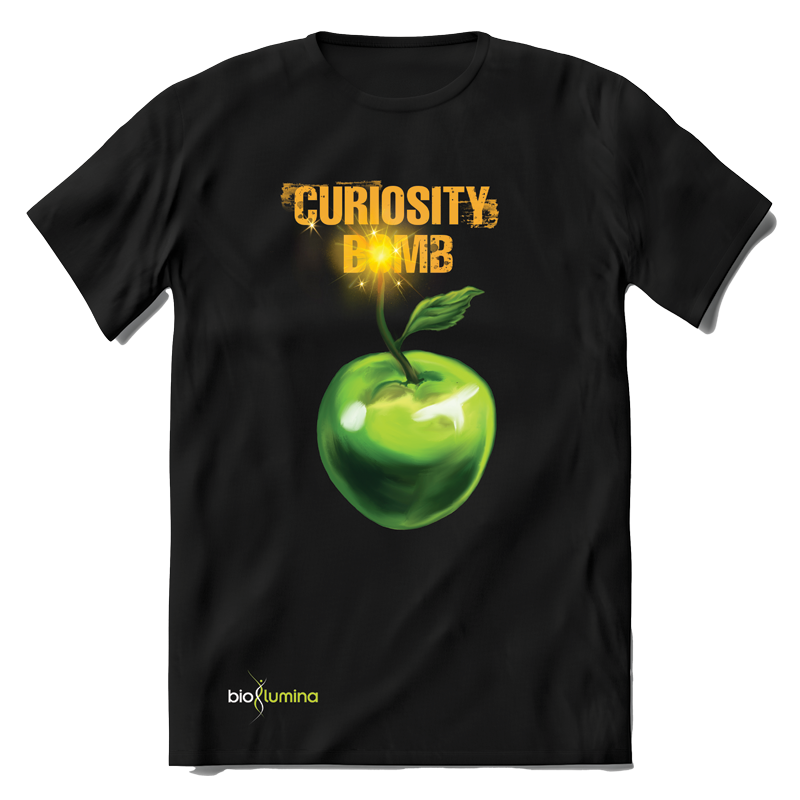At the American Society of Clinical Oncology’s meeting last June, Biolumina EVP, managing partner, strategy Brenda Aske sat in awe during a session about CDK4/6 inhibitors in breast cancer. The presentation revealed new data for one of Biolumina’s longest assignments, a Novartis breast cancer treatment, prompting a wellspring of buzz.
“The standing ovation was so meaningful,” she recalls. “And it was especially exciting because we know that the best is yet to come.”
Those are the moments, Aske says, that Biolumina lives for. The firm, which specializes in oncology, has dubbed itself “the Anti-Cancer Agency.” With that long-term presence in the category has come a wellspring of authority as a marketing partner, which is evident in the firm’s push toward the nine-digit-revenue club.
MM+M estimates Biolumina generated $95 million in revenue in 2022, up nearly 12% from 2021’s estimated $85 million. Recent additions included Menarini Stemline’s elacestrant and Elzonris; Novartis’ Lutathera and Kisqali; Sutro Biopharma’s neuroendocrine tumor franchise; and AstraZeneca’s Imfinzi/Lynparza combination.
According to chief creative officer Diane Iler-Smith, the firm’s success is attributable to its ability to anticipate patient needs. To that point, she says her peak 2022 moment transpired in the living room of a woman with low-grade serous ovarian cancer, who was offering feedback on marketing materials for new Biolumina client Verastem.
“She said, ‘Finally, someone is taking this form of ovarian cancer seriously,’” Iler-Smith reports.
When the two anecdotes are relayed back to her, Biolumina president and CEO Kirsten Kantak takes great delight in the way they cover the agency’s range, which includes large companies such as Novartis, pre-market ones such as Verastem and everyone in between.

“It gives people a chance to raise their hands and say, ‘I’ve never worked on a launch,’ or ‘I’d like to try working on liquid tumors.’ It helps people stretch and grow,” she says.
Biolumina ended 2022 with an estimated 300 people under its roofs, up from 265 at the year’s outset. To keep the momentum flowing, Biolumina created the new role of VP of agency engagement and tapped Omnicom veteran Chris Lee to fill it.
“The goal is to create an employee experience that sets people up for success,” Kantak says.
Such efforts included Change Challenge, which asked each employee for a single suggestion. It resulted in a flood of ideas, both small (adding an “I love stupid questions” slide to every medical presentation) and big (revamped approaches to mentoring).
Looking ahead, SVP and director of customer experience David Cherry sees two clear trends. One is a push for simplicity. “More clients are talking about things like taglines and jingles, which have existed in CPG forever,” he notes. He also believes that the faddish focus on generative AI, such as ChatGPT, will fade — and let the industry concentrate on the proven power of predictive AI.
“We’re a long way from having AI generate effective messages,” Cherry explains. “But predictive AI can look at available, approved messages and choose the right one to serve to an individual doctor. It’s much more practical.”
. . .
Our marketing role model…
At a time when breast cancer was often stigmatized, Eleanor Roosevelt championed awareness, prevention and early detection, which empowered millions of women to take charge of their health. She even founded the Women’s Field Army to increase healthcare access in rural areas and served on what became the American Cancer Society, despite how such advocacy was seen as controversial at the time. Acknowledging that “every woman in public life needs to develop skin as tough as rhinoceros hide,” Roosevelt paved the way for Betty Ford, Michelle Obama and other groundbreakers in health to inspire purpose-driven change. — Aske
Click here to see Biolumina’s Agency 100 2022 Profile.
Click here to return to the MM+M Agency 100.
From the June 01, 2023 Issue of MM+M - Medical Marketing and Media







